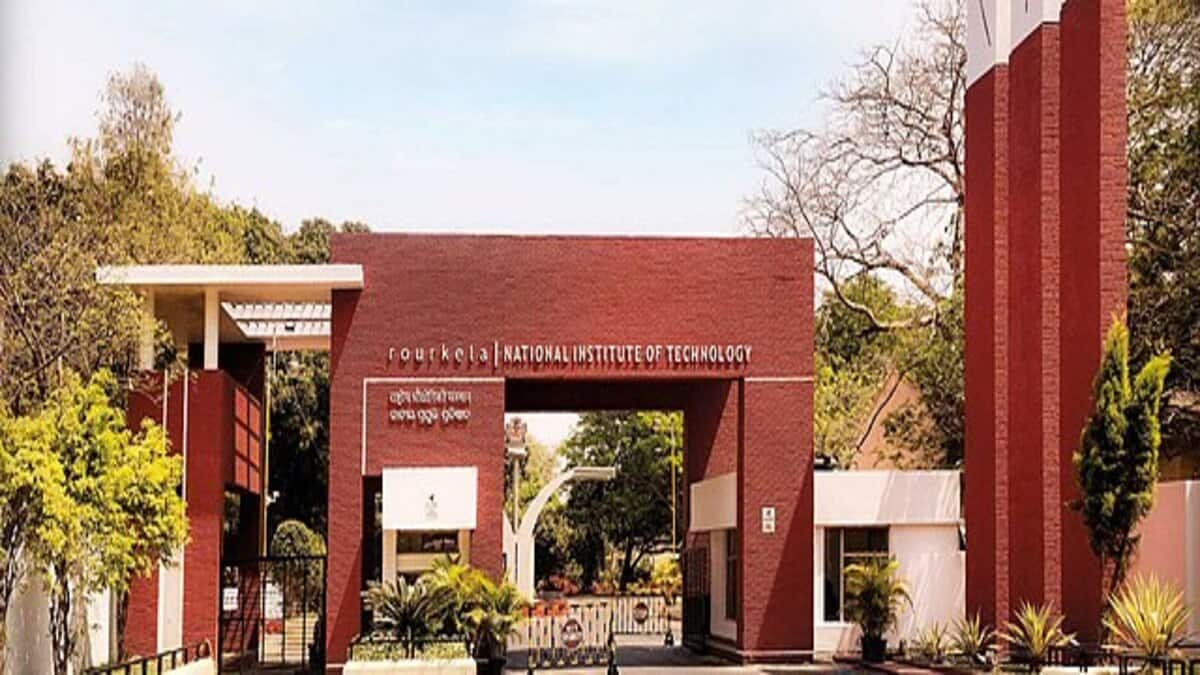NIT Rourkela develops cobalt-free cathode technology to boost India’s ‘EV Mission’
Suviral Shukla | January 17, 2025 | 06:05 PM IST | 2 mins read
NIT Rourkela’s new technology for lithium-ion batteries claims to support India’s renewable energy goals by cutting cost, environmental concerns.

NEW DELHI: National Institute of Technology (NIT) Rourkela has developed a new class of cathode materials for lithium-ion batteries, which is an alternative to cobalt-based designs. The objective is to minimize the cost, scarcity, and environmental concerns of cobalt, the institute said in a statement.
The newly-developed technology by the researchers at NIT Rourkela makes way to produce affordable, high-performance batteries for electric vehicles, contributing significantly to the electric vehicle (EV) industry, the institute said.
The discovery also supports India’s renewable energy goals by enabling cost-effective energy storage solutions essential for sustainable development. By reducing dependency on imported materials, the innovation also increases India’s self-reliance in battery production, the institute added.
NIT Rourkela cathode tech
Partha Saha, associate professor of ceramic engineering, said: “Our research shows that the new cathode retains 74.3% of its original capacity after 100 charge-discharge cycles, a significant improvement over the rapid capacity loss observed in traditional cobalt-based cathodes. Additionally, the new cathode minimizes the cationic disorder of nickel in lithium sites — a common issue in traditional NMC-based cathodes that leads to capacity and voltage fade.”
Saha led the research team at NIT Rourkela along with other researchers, which include Sanjoy Datta, associate professor; Soumyasree Jena, research graduate, and Abhishek Kumar, research scholar. “They have created cobalt-free cathode materials using magnesium and nickel. These materials enhance lithium-ion movement, resulting in improved battery performance, greater stability, higher capacity retention, and longer-lasting energy storage,” the institute added.
This research was funded by the department of science and technology’s nanomission program and conducted in collaboration with the department of physics and astronomy at NIT Rourkela.
The research aligns with the government of India’s Electric Vehicle (EV) Mission, which is to promote research and development for EV adoption in India. It focuses on the indigenization of battery technologies under the "Make in India" and "Atmanirbhar Bharat" initiatives.
Also read IIT Madras, CMC Vellore develop portable robot ‘PLUTO’ for hand rehabilitation
New cathode technology: Benefits
The newly developed technology will have the following advantages.
- Innovative cobalt-free cathodes improve lithium-ion movement, offering better stability, higher capacity retention, and longer-lasting energy storage, crucial for electric vehicles
- This breakthrough could make India self-reliant in sustainable, affordable lithium-ion battery production, accelerating the adoption of electric vehicles and renewable energy technologies
- Magnesium ions enhance structural stability, effectively addressing issues like ion mixing that often degrade cobalt-based cathodes.
- The new cathodes can retain 74.3% of their original capacity even after 100 charge-discharge cycles.
- The use of magnesium reduces production costs, making lithium-ion batteries more affordable and accessible.
Follow us for the latest education news on colleges and universities, admission, courses, exams, research, education policies, study abroad and more..
To get in touch, write to us at news@careers360.com.